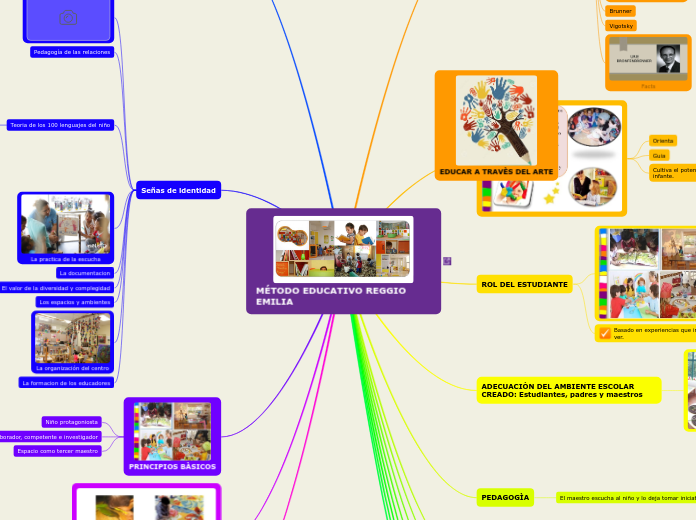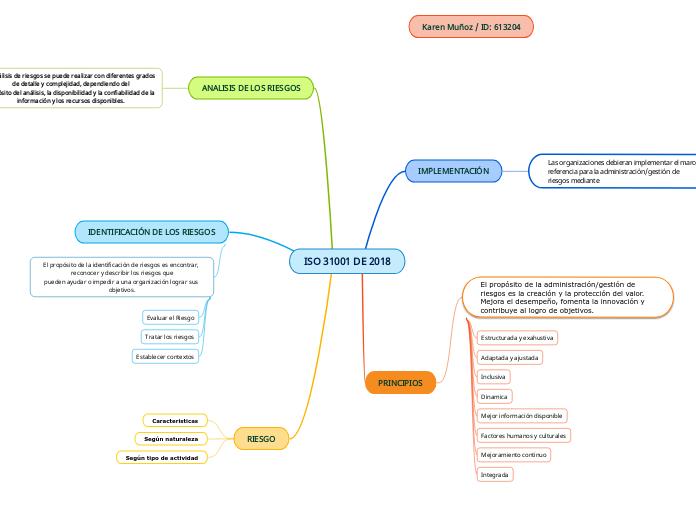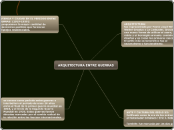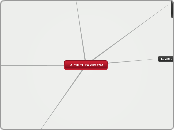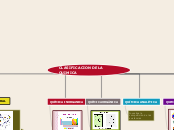EDUCAR A TRAVÈS DEL ARTE
MÉTODO EDUCATIVO REGGIO EMILIA
'Six Thinking Hats' can help you to look at problems from different perspectives, but one at a time, to avoid confusion from too many angles crowding your thinking.
Subtopic
FILOSOFIA
Aprendizajes a traves de las experiencias
PRINCIPIOS BÀSICOS
Espacio como tercer maestro
Docente, colaborador, competente e investigador
Niño protagoniosta
Señas de identidad
The Yellow Hat will help you to think positively. While you are 'wearing' this hat be optimistic, notice the benefits and the value in them.
La formacion de los educadores
La organización del centro
Los espacios y ambientes
El valor de la diversidad y complegidad
La documentacion
La practica de la escucha
Teoria de los 100 lenguajes del niño
Pedagogía de las relaciones
Creador: Maestro y pedagogo.
The Blue Hat thinking represents process control. When having trouble because ideas are needed, the Green Hat may come in handy since it is the one used for creativity. In case of emergencies and dealing with them, the Black Hat is required.
LORIS MALAGUZZI
Topic principal
PEDAGOGÌA
El maestro escucha al niño y lo deja tomar iniciativa.
Experimentan y exploran con materiales de su alrededor.
Niños mantienen relaciones entre si.
El maestro orienta el proceso educativo
ADECUACIÒN DEL AMBIENTE ESCOLAR CREADO: Estudiantes, padres y maestros
ROL DEL ESTUDIANTE
Basado en experiencias que incluyan tocar, mover, escuchar y ver.
Enfoque alimentado por:
Using the white thinking hat, you center your attention around the available data. Take the information that you have, analyze it, and see what you can learn from it. Become aware of your weak points and start working on improving your knowledge.
Vigotsky
Brunner
Decroly
Froebel
Peztalozzi
Locke
Facts
